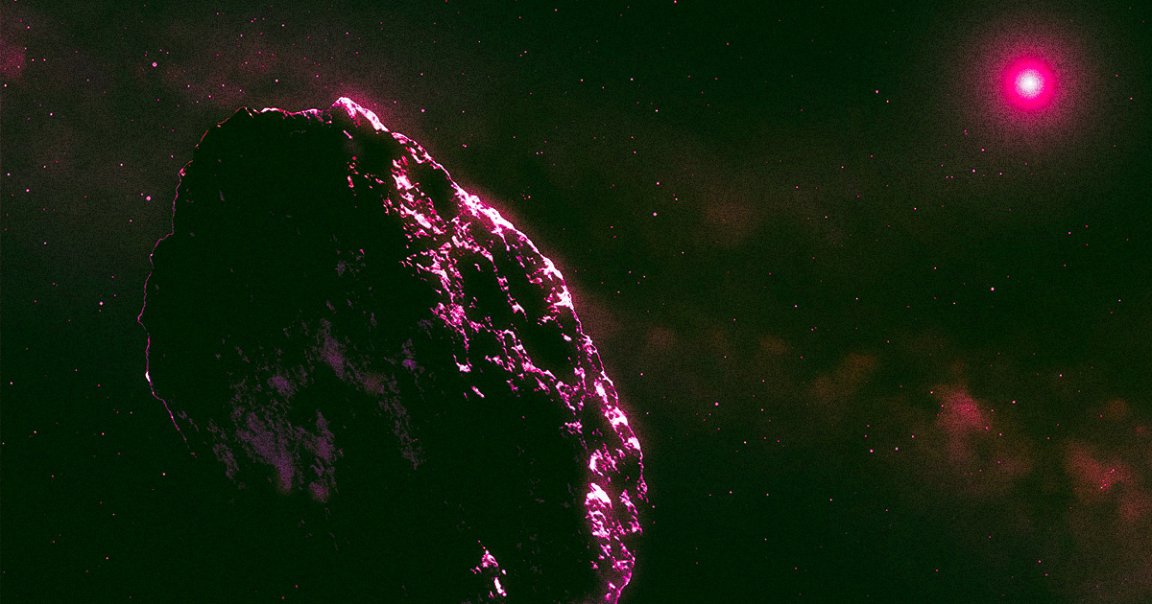
New Kid In Town
Ancient, large “dark asteroids” lurking between Mars and Jupiter may be some of the oldest, primordial relics from the early years following our solar system’s formation.
And now, in an intriguing development, astronomers have examined those asteroids and found them to contain water, according to a new study published in the journal Nature Astronomy. The result of their findings: a whole new class of asteroid.
“These asteroids are almost as old as our solar system,” lead author Driss Takir, a planetary scientist at NASA Astromaterials, told Space.com.
In fact, the space rocks are an awful lot like the dwarf planet Ceres, which is known for being the only dwarf planet in the solar system to have water — and a lot of it, seemingly.
Cere-ously Alike
Using NASA’s Infrared Telescope Facility, the astronomers unearthed the composition of these Ceres-esque rocks, shining a light on their mysterious origins.
Like Ceres, the asteroids are porous, meaning they were “not heated sufficiently to transform them into a compact rocky structure soon after their formation,” explained co-author Vladimir Neumann, a geoscientist at the Technical University of Berlin, in a press release.
This suggests the asteroids initially formed in the colder, outer reaches of the system, and then were pulled inward by the gravity of Jupiter or Saturn.
“Our computational models show that these asteroids must have arrived in the main asteroid belt through complex dynamic processes, shortly after their formation in the outer regions of the Solar System,” Neumann added.
Water Boys
But perhaps the most interesting implications of their findings pertain to our own planet. If such old asteroids in our own solar system are and have been brimming with H2O, it’s a compelling clue in favor of an increasingly popular theory among scientists that Earth got its water from asteroids — or at least some of its water, anyhow.
After all, if these Ceres-like asteroids have already been shown to get dragged inward as far as our neighboring Mars, it’s not too much of a stretch to imagine them bombarding Earth in the past.
“This would be perhaps the kind of objects that made it into the solar system and brought ice and organics with them,” Andy Rivkin, an astronomer at John Hopkins who was not involved in the study, told Mashable. “Their cousins might have hit the Earth and brought some of that, as well as hitting Mars.”
More on asteroids: James Webb Spots Asteroid With Its Own Saturn-Like Rings